Podcast: Play in new window | Download (Duration: 42:30 — 77.9MB)
Digestive Support from Top to Bottom
My Interview with Neil E. Levin
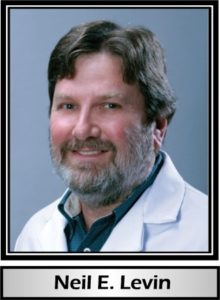
Digestive complaints are one of the most common health issues. Common digestive problems include poor digestion, upset stomach, acid stomach, irritable bowel, gas, constipation, diarrhea, allergies, and probiotic imbalances. Those are the common ones. More serious digestive issues include Crohn’s, C-diff infections, leaky-gut, Celiac disease, and so on. The number of people who chronically use acid-blocking drugs is skyrocketing. The long term use of these medications has profound nutritional consequences.
Disclaimer
This is not about treating any disease. For any medical condition always work with your doctor. Supplements are the delivery system for nutrients. Nutrients nourish the body. Nutrients are not drugs and drugs are not nutrients. Don’t confuse the two. The point is that there is a lot that you can do by using the proper nutrients whether or not you are being treated medically.
Digestive Issues
In this interview Neil E. Levin discusses the challenges throughout the digestive tract. It’s important to have as clear an understanding of your situation as you can. The more you understand the more likely you will be to find an effective solution. Neil explains some of the distinctions between problems and discusses which nutrients you can consider. Remember the best products are the ones that work best for you so be open to experimentation.
Diet
The first thing is to examine your diet. Are your foods or certain foods bothering you? Are you bothered when you eat protein, or fats, or dairy or wheat or sugar or acid foods, etc.? You need to be a nutritional detective and analyze what is not working correctly. You may have to alter your diet or consider an elimination diet as part of your process. One aspect to your diet should be “conscious eating” which includes how you eat as well as what you eat.
Health Conditions
Do you have food allergies or sensitivities? You can do allergy testing when indicated. 90% of all food allergies occur with these eight foods: wheat, milk, egg, nuts, peanuts, fish, shell fish and soy. There are also delayed allergies and gluten intolerance. Work with your doctor if you face these issues.
If you are being treated by a doctor do you feel he/she has a good understanding of your issues? Are you taking medications? Do you understand what the medications are doing? How are they helping? Are there side effects or contra-indications you should consider? Your pharmacist may be your best resource for questions about medications.
Stomach Issues
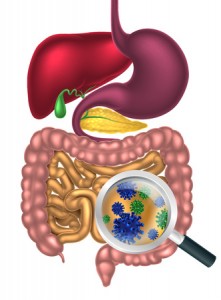 Neil discusses the various common issues and how nutrition can assist. For example, he explains that while many people have too much stomach acid, others have too little. The challenge is that they have similar symptoms. Neil explains how to tell the difference. You want to know if you have too little acid before you take acid blocking medications. Ask yourself: how do acid foods affect you? Can you tolerate vinegar, lemon juice, etc.? Do you feel better or worse when consuming acid foods? If you need acid to feel better and have better digestion, then you may benefit from hydrochloric acid (HCl) supplements.* If you are low in stomach acid you may not digest proteins well or break down minerals. If you have too much stomach acid occasionally you may benefit from natural buffering formulas.
Neil discusses the various common issues and how nutrition can assist. For example, he explains that while many people have too much stomach acid, others have too little. The challenge is that they have similar symptoms. Neil explains how to tell the difference. You want to know if you have too little acid before you take acid blocking medications. Ask yourself: how do acid foods affect you? Can you tolerate vinegar, lemon juice, etc.? Do you feel better or worse when consuming acid foods? If you need acid to feel better and have better digestion, then you may benefit from hydrochloric acid (HCl) supplements.* If you are low in stomach acid you may not digest proteins well or break down minerals. If you have too much stomach acid occasionally you may benefit from natural buffering formulas.
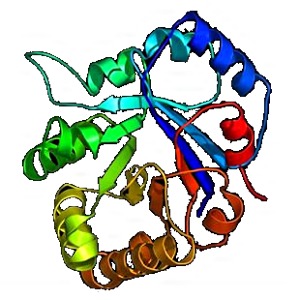
Enzyme
Enzymes
Neil explains the importance of digestive enzymes. If your body does not produce enough digestive enzymes to break down food you will likely feel worse when you eat. Stomach distress can include gas, bloating, and poor digestion. Different enzymes digest different classes of foods. Pay attention to what does not digest well. There are enzymes for protein, fats, carbs, fiber, dairy, gluten and so on. You can easily take digestive enzymes with every meal. Sometimes this is all people need to promote normal G.I. health.* If you need enzymes you will likely notice the difference very soon, even the first time you use them. There are differences between plant-derived and animal-derived enzymes. For example, pancreatic enzymes can be found in supplements that may aid your digestion.*
Bitter Herbs
Neil discusses the value of bitter herbs. The use of bitters has been around for a long time. Bitter herbs stimulate the production of digestive juices.* For some people this may be sufficient.
Probiotics
Probiotics are the hottest topic in the digestive category. The variations in probiotic supplements are overwhelming. Not all probiotics are equally good and effective. There is a lot to consider when choosing a probiotic. Choose quality products with a history then experiment until you find the one that works best for you. Neil covered probiotics in a general way and specifically for respiratory issues in a previous interview. Listen to that interview.
Gall Bladder and Bile Issues
Many people who no longer have a gall bladder may have problems digesting fats. There are fat digesting enzymes that should be considered; some provide bile, as well.
Bowel issues
Intestinal problems can include constipation, diarrhea, irritation, leaky gut, gas, and other more serious challenges. Again, for medical help see your doctor. There are many natural products that can be helpful at this stage. Probiotics may be the single most important.*
Listen to all of Neil’s interviews. Here is a link to the list.
About Neil E. Levin, CCN, DANLA
Neil E. Levin is the Senior Nutrition Education Manager and a product formulator for NOW®. He is a board-certified clinical nutritionist with a diplomat in advanced nutritional laboratory assessment. The U.S. Natural Products Association (NPA) presented Neil its Industry Champion Award in 2008 for “people who have made notable individual contributions to the natural products industry above and beyond what is expected to achieve commercial success.” Neil’s interviews and articles are published in magazines and newspapers. He has been featured in many radio interviews and television news reports. Neil blogs at www.honestnutrition.com; is on Facebook (Honest Nutrition) and Twitter (neilelevin).




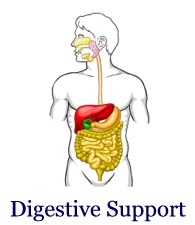
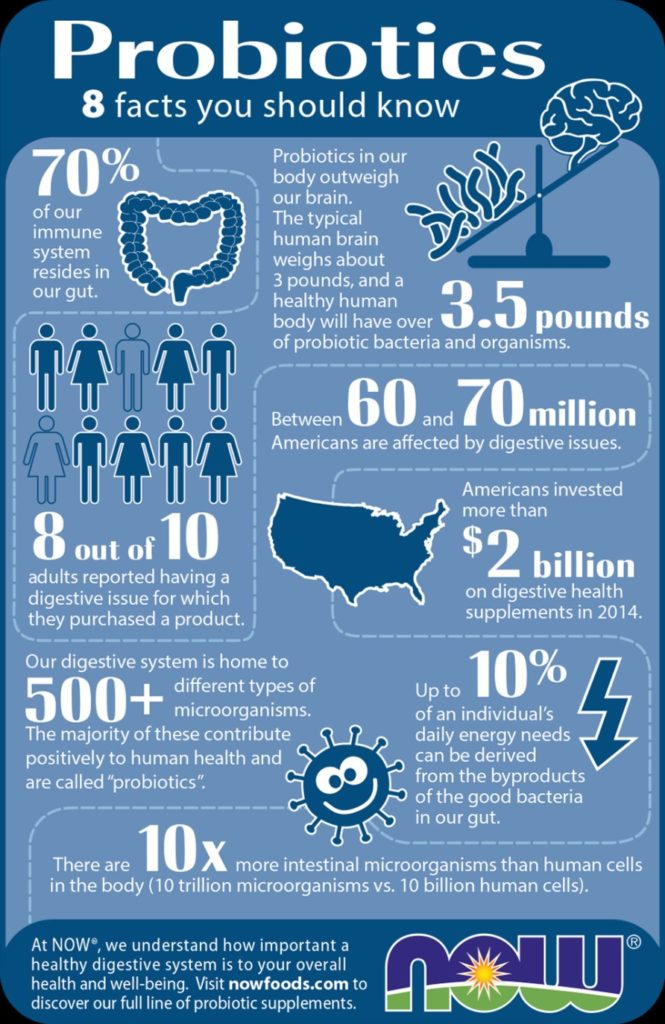

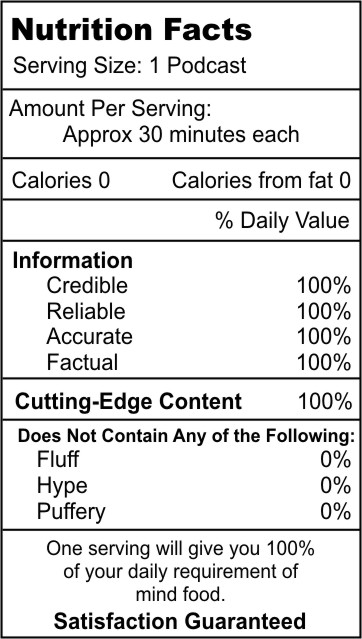




{ 0 comments… add one now }